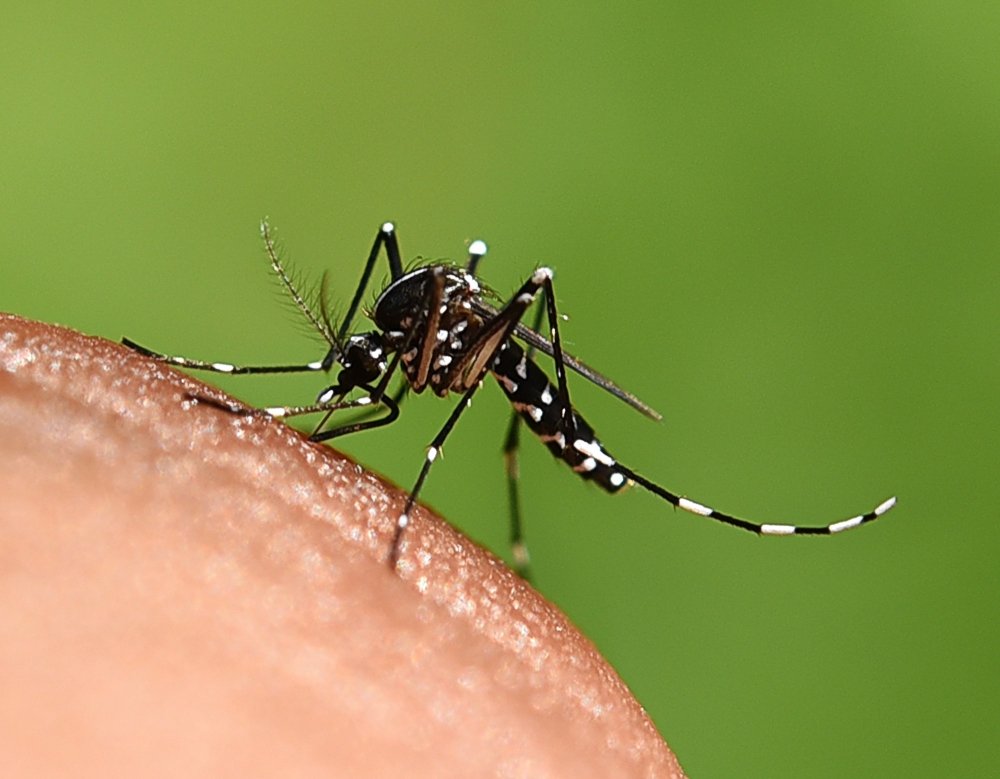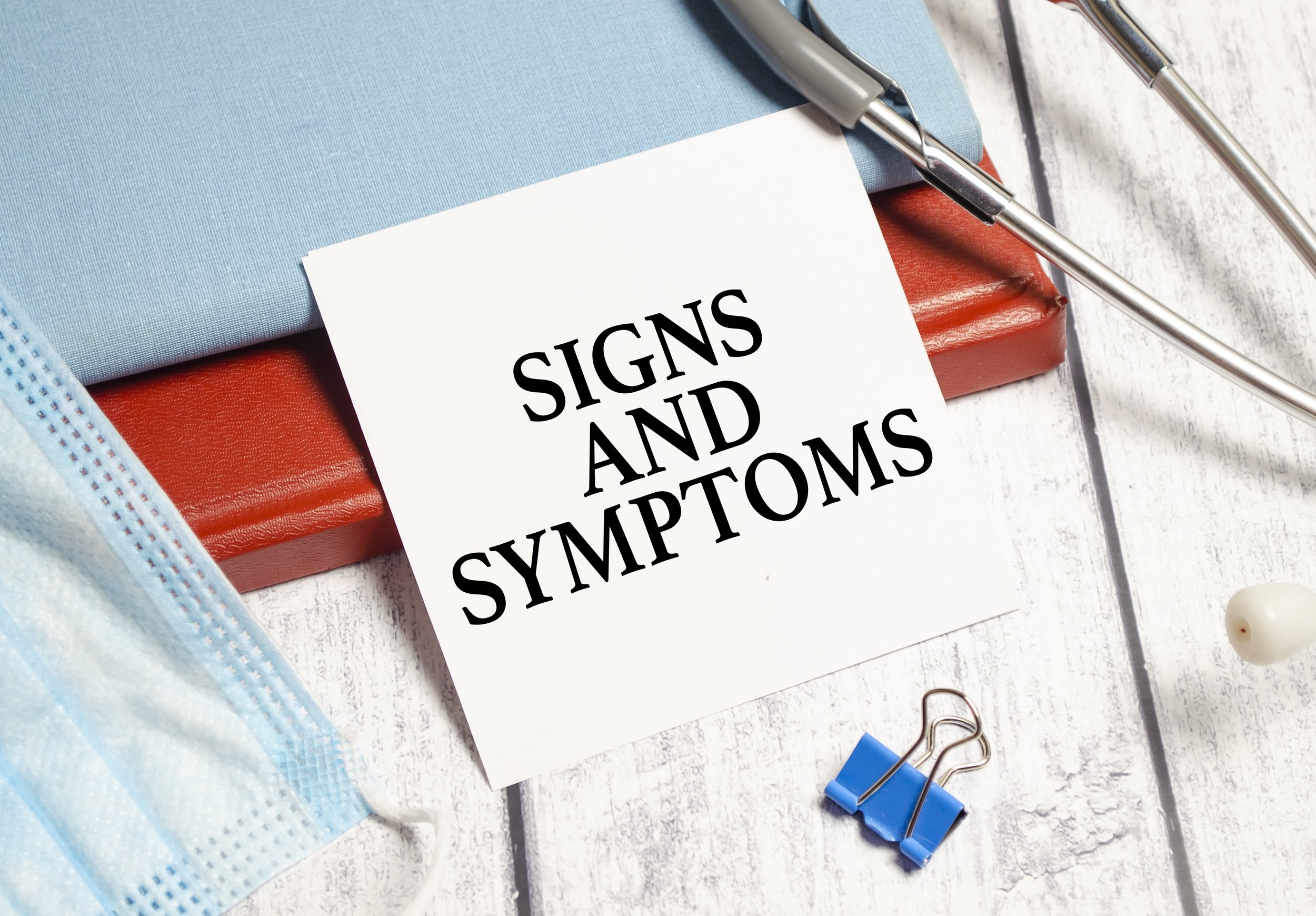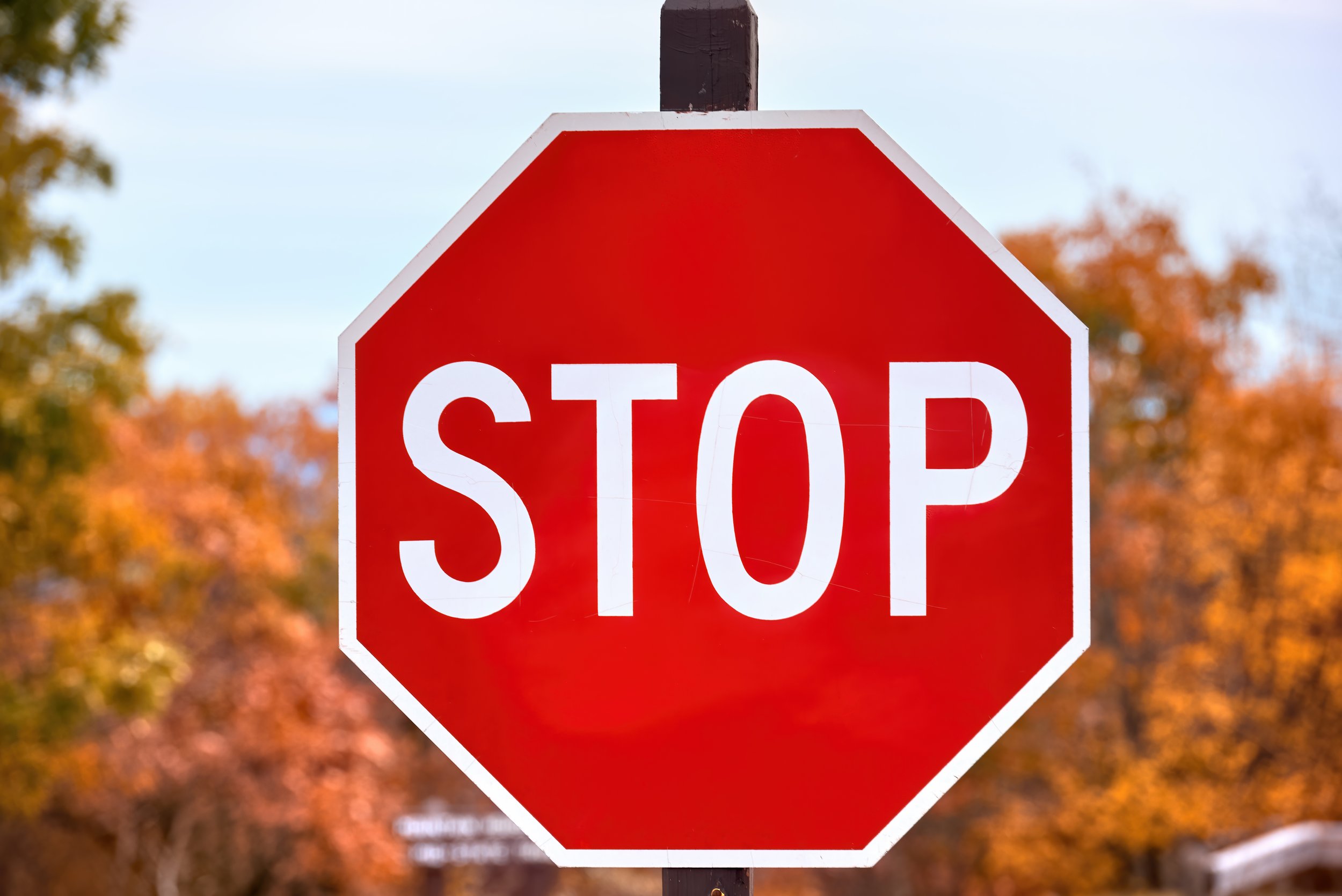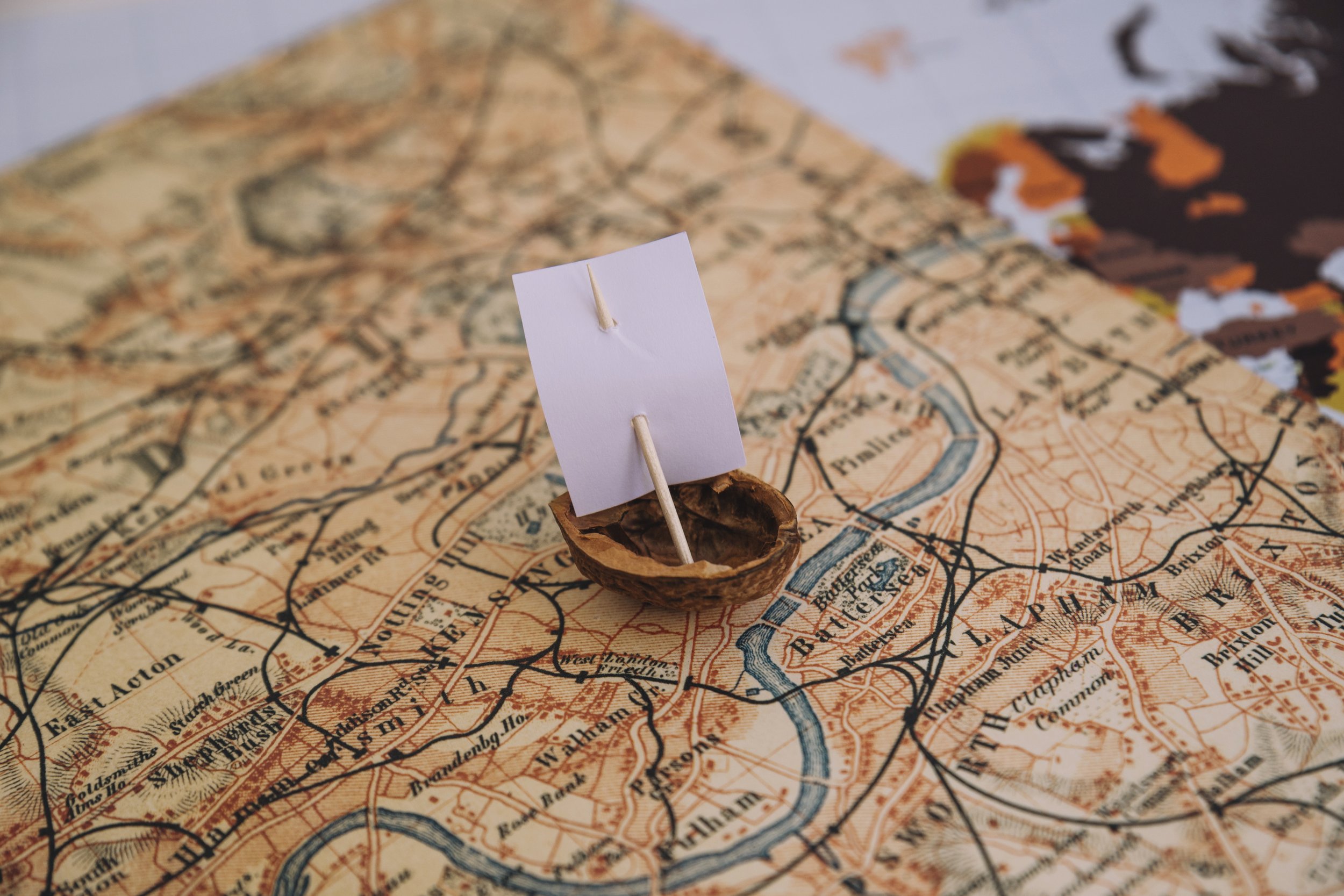
What is Malaria?
The history of vaccines writes that, ‘ the name malaria comes from mal’aria, which is Italian for “bad air.” Malaria is a disease caused by a parasite that is spread to humans through the bites of infected mosquitoes.

How Mosquitoes spread Malaria?
Only the female Anopheles feed off of blood and it’s because they need the protein in blood to develop eggs. Mosquitoes bite and suck blood for reproduction. As much as mosquito bites don’t cause any lasting harm, they are dangerous because they spread diseases like Malaria which can be fatal.

What are the symptoms of Malaria?
Malaria is caused by plasmodium parasites, which are carried by anopheles mosquitoes. CDC writes, ‘Only female mosquitoes spread the malaria parasites. When a mosquito bites a person who has malaria, it drinks the person’s blood, which contains the parasites. When the mosquito bites another person, it injects the parasites into that person. That’s how Malaria spreads.’

Malaria treatments
To diagnose malaria, the doctor will likely review your medical history and recent travel, conduct a physical exam, and order blood tests. Treatment of Malaria depends on the species of Malaria as well as on the severity of the disease. Blood tests can indicate; The presence of the parasite in the blood, to confirm that you have malaria; The type of malaria parasite is causing your symptoms; If your infection is caused by a parasite resistant to certain drugs or; Whether the disease is causing any serious complications.

How to stop Malaria?
The road towards stopping Malaria has been an endless one. In 2020, The World Health Organization called on countries and global health partners to step up the fight against malaria which continues to be a menace especially in Africa. The same year, WHO reported progress against malaria continued to plateau, particularly in high burden countries in Africa.

Where is Malaria the most common in the world?
Malaria occurs in more than 100 countries and territories. In 2019, nearly half of the world’s population was at risk of malaria. Most malaria cases and deaths occur in sub-Saharan Africa. However, the WHO regions of South-East Asia, Eastern Mediterranean, Western Pacific, and the Americas are also at risk. Transmission is more intense in places where the mosquito lifespan is longer (so that the parasite has time to complete its development inside the mosquito) and where it prefers to bite humans rather than other animals. The long lifespan and strong human-biting habit of the African vector species is the main reason why approximately 90% of the world’s malaria cases are in Africa.

How to protect kids from Malaria?
Malaria is a big killer for babies. World Vision reports that Malaria kills more than 450,000 children under age five each year worldwide. A child dies every minute from malaria. Sleeping under Insecticide-treated mosquito nets and Indoor spraying with insecticide are some of the recommended ways of protecting kids from Malaria. A nutritional diet for all children under five to ensure that they have the strength to fight the infection, increased public and parental education on how to prevent the spread of malaria and having a greater political commitment and funding to prevent and treat the disease are important ways to save kids from Malaria.
Malaria Prevention
Killing of mosquitoes is not a real solution to eradication of Mosquitoes. They also have an important role in the ecosystem. They help pollinate some flowers, when they consume nectar. Mosquitoes can have a damaging role, harming other animals by being a vector for diseases like malaria, yellow fever, encephalitis and dengue.
